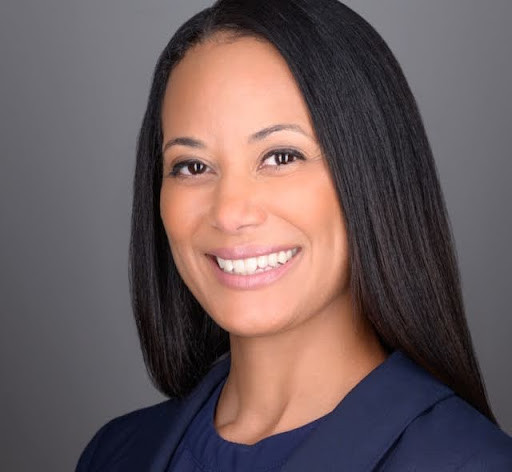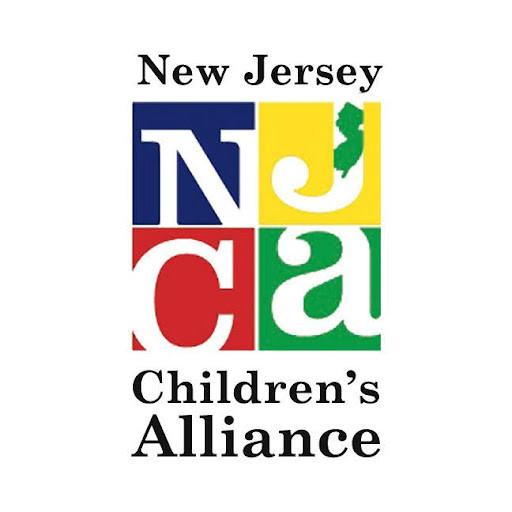How New Jersey Children's Alliance Is Transforming Child Advocacy Through Psychological Insight

In the world of child advocacy, few organizations address the complexities of abuse with the depth, empathy, and psychological insight of the New Jersey Children's Alliance (NJCA). Led by Debbie Riveros, NJCA has emerged as a critical force in New Jersey, equipping communities, professionals, and families with the tools to recognize, intervene, and heal from the often unseen effects of child abuse. "It's been a passion of mine to protect children, literally my whole life," Riveros says.
Her career spans nearly two decades as a victim advocate, specializing in child abuse cases within the Special Victims Unit. Her lifelong commitment to safeguarding children informs every program NJCA undertakes.
Central to NJCA's recent initiatives is its Problematic Sexual Behavior (PSB) Program, launched in March of 2024. The program targets children who exhibit behaviors that, if unaddressed, could escalate into future harm. Riveros explains, "Children who were exhibiting problematic sexual behaviors were not being investigated, treated, or assessed. They were kind of in the wind. This could unlock a plethora of future problems."
The pandemic magnified these issues, exposing children to inappropriate content online and sometimes modeling behaviors they did not fully understand. "Why was it becoming more aggressive after COVID? Because everybody was home. Children had access to the internet, and often, with unsupervised access. They model what they see," Riveros notes.
The psychological ramifications of such exposure are profound. Children can experience confusion about boundaries, guilt, anxiety, and shame, often internalizing the behaviors they imitate without understanding the consequences. Without intervention, these experiences can manifest in aggression toward strangers, peers, siblings, or even themselves, creating long-term emotional trauma. NJCA addresses these issues through early intervention and assessment. "If that whole package is done within a timely manner, there's an extremely good chance that the child will never exhibit the behavior again," Riveros emphasizes.

The PSB Program is voluntary and non-punitive, designed to remove stigma and encourage participation. With the program being funded by the state, families and children receive comprehensive support at no cost. "The program also supports the child who's impacted by another child. Both children receive services and the same level of care. Trauma impacts everyone," Riveros explains, highlighting NJCA's dual focus on both the child exhibiting the behavior and those affected by it. This approach underscores the organization's commitment to addressing the broader psychological and emotional ecosystem surrounding child abuse.
NJCA's impact is amplified by its multidisciplinary team. Riveros says, "Many hands make light work, and it takes a village to raise our children." And that belief is reflected in her staff, which includes psychologists, social workers, law enforcement veterans, data analysts, and medical specialists, ensuring that every aspect of a child's experience is considered.
Training programs and workshops are conducted to educate detectives, prosecutors, educators, coaches, faith leaders, and community members on recognizing behavioral and emotional changes, understanding trauma, and taking the appropriate next steps. "At the core, our goal is to give children a voice without crossing any lines," she says.
The organization's training is deeply rooted in psychological and trauma-informed practices. Professionals learn forensic interviewing techniques, including cognitive behavioral therapy for children with problematic sexual behaviors, and strategies to manage vicarious trauma.
They hold community workshops to teach participants to spot subtle behavioral shifts, such as avoidance of eye contact, withdrawal, changes in language or play, that may indicate underlying abuse. "Many times, it's children that they actually know, and noticing those subtle signs can help assist and protect them," Riveros says. Through equipping the public with these tools, NJCA ensures that children have advocates ready to intervene early, preventing long-term psychological damage.
Riveros's work extends beyond intervention into advocacy, public awareness, and legislative influence. "We want to bring everyone awareness and let them know what to look for, what these children undergo, and what happens next," she explains. NJCA collaborates with family justice centers, domestic violence agencies, human trafficking task forces, and corporate partners, ensuring a comprehensive approach to child protection across the state.
As an American and mother of two, Riveros reflects on the motivation behind her work: "I always had this fear that something was going to happen to my girls. In continuing this work, I know that I'm not only helping the children, but their whole family, and strengthening communities."
With her work being closely tied to often disturbing and dark circumstances, she credits therapy, journaling, laughter, and family for maintaining balance in a field that can take an emotional toll.
In just over a year, NJCA's PSB Program and broader initiatives have transformed child advocacy in New Jersey. Through combining psychological expertise, multidisciplinary collaboration, and community education, Riveros and her team are changing the narrative on how abuse is addressed, prioritizing early intervention, understanding, and empowerment, and in doing so, they're giving children a chance at a fresh start, a healthy mind, and a peaceful life.
With programs that heal, educate, and give children a voice, NJCA is determined to create a future where children are seen, heard, and protected.
© Copyright IBTimes 2025. All rights reserved.





















